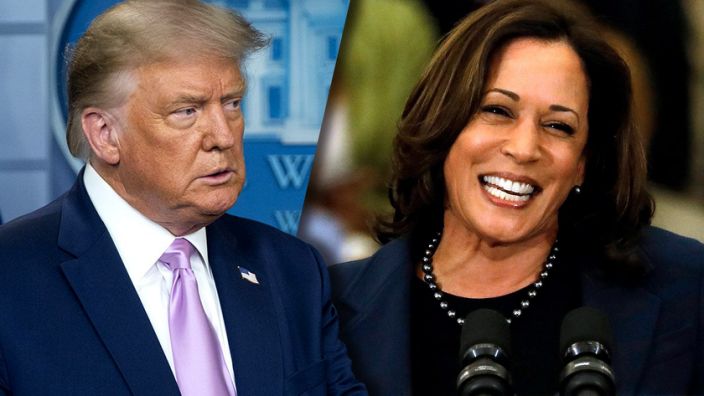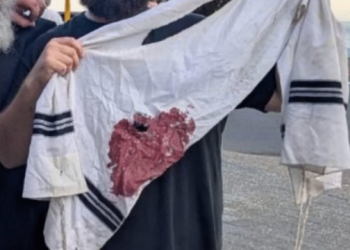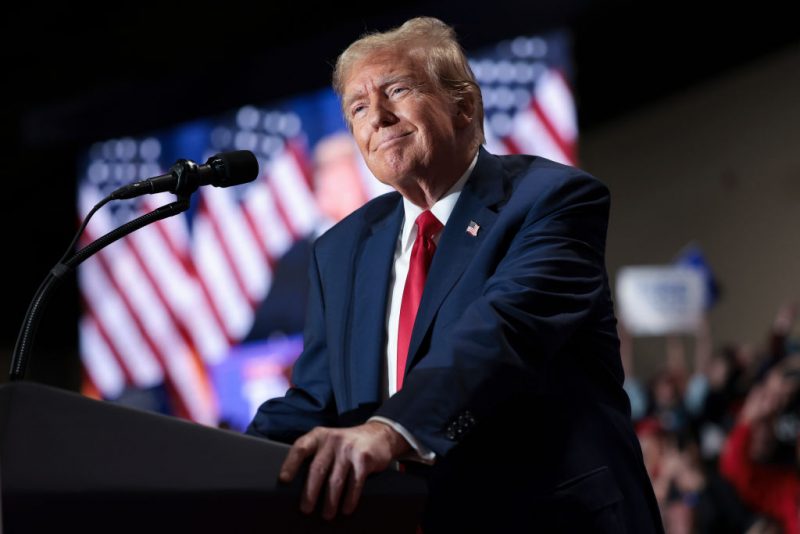During a brief appearance at Howard University in Washington, D.C., on Wednesday, Vice President Kamala Harris did not reflect on why she and the Democratic Party fell short in the election, ultimately handing the presidency and Senate control back to Donald Trump and the Republicans.
“My heart is full today. Full of gratitude for the trust you placed in me. Full of love for my country. And full of resolve,” Harris told the crowd. She had delayed her address on Tuesday night when results were not in her favor. “The outcome of this election is not what we wanted. Not what we fought for. Not what we voted for. But hear me when I say, the light of the American promise will always burn bright as long as we never give up, and as long as we keep fighting.”
Speaking at her alma mater, a historically Black college, Harris acknowledged that people were “feeling and experiencing a range of emotions right now.” She added, “I get it. But we must accept the results of this election.” Harris maintained a tone of defiance, stating that while she conceded the election, she would “not concede the fight that fueled this campaign.” She continued, “The fight for freedom, for opportunity, for fairness and the dignity of all people. A fight for the ideals at the heart of our nation.”
Harris addressed young and first-time voters, key supporters of her campaign, especially after she took over as the Democratic nominee amid concerns about Joe Biden’s age and electoral chances against Trump. “On the campaign, I would often say, ‘When we fight, we win,’ but here’s the thing, sometimes the fight takes a while,” she said. “That doesn’t mean we won’t win. The important thing is don’t ever give up. Don’t ever give up.”
Less than a day earlier, the mood at Howard had been optimistic. Supporters gathered on the campus lawn, celebrating in anticipation of what could have been a historic milestone: Harris as the first woman, the first person of Indian descent, and the second Black president. Students and first-time voters, many of them women, danced as they watched early returns on projector screens set up around the quad. However, as results showed Harris underperforming in key states, that optimism faded. Trump ultimately won with 292 electoral votes to Harris’s 226, including major battlegrounds like North Carolina, Georgia, and Pennsylvania. Trump also became the first Republican to win the popular vote since 2004, with over 72 million votes to Harris’s 62 million. Republicans gained control of the Senate with at least 52 seats, while it appears the House will remain under Republican control.
By Wednesday, the atmosphere was more somber as Democrats began to process the reality of four more years of President Donald Trump. Some attendees were visibly emotional, sharing their feelings with reporters. Among the high-profile figures present were former House Speaker Nancy Pelosi and Washington, D.C., Mayor Muriel Bowser.
Harris’s address echoed that of Hillary Clinton’s 2016 concession speech after her own loss to Trump. Like Clinton, Harris wore suffragette purple, though she maintained a more composed demeanor than Clinton, who became emotional in her speech.
Earlier Wednesday, Harris made a concession call to Trump. Aides said that Harris and Trump “discussed the importance of a peaceful transfer of power and being a president for all Americans.” Steven Cheung, a spokesman for Trump, confirmed the call, noting, “President Trump acknowledged Vice President Harris on her strength, professionalism, and tenacity throughout the campaign, and both leaders agreed on the importance of unifying the country.”
President Biden also reached out to Trump, inviting him to the White House to discuss the transition and to encourage cooperation to unify the nation—a gesture Trump did not extend to Biden in 2020 as he contested the election results. Biden is scheduled to address the nation on Thursday.
 Telegram is where we really talk. Don't miss out!
Telegram is where we really talk. Don't miss out!









